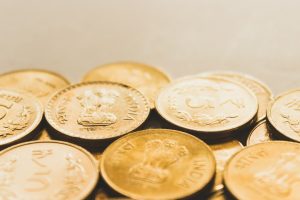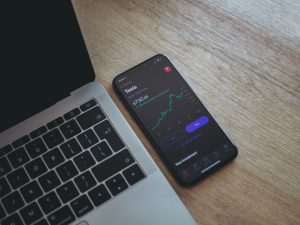Forex kitty refers to the foreign exchange reserves held by a country. These reserves are primarily held in foreign currencies such as the US dollar, euro, yen, and pound sterling. Forex reserves are an essential component of a country’s financial system, as they provide a cushion against economic shocks and ensure that the country can meet its international financial obligations.
The term “forex kitty” is commonly used in India, where the Reserve Bank of India (RBI) manages the country’s foreign exchange reserves. India’s forex reserves have grown significantly over the years, reaching a record high of $605 billion in June 2021. This steady increase in reserves has been attributed to various factors, including rising exports, higher remittances, and foreign portfolio investment inflows.
Forex reserves are typically built up through a variety of channels, including exports, foreign direct investment (FDI), and borrowing from international institutions such as the International Monetary Fund (IMF). A country’s forex reserves are a reflection of its economic strength and its ability to meet its international financial obligations. In addition, forex reserves can be used to stabilize a country’s currency in times of market volatility.
One of the primary functions of forex reserves is to provide a buffer against economic shocks. For example, if a country experiences a sudden drop in exports or faces a financial crisis, its forex reserves can be used to stabilize its currency and prevent a sudden devaluation. In addition, forex reserves can be used to pay for imports and to service foreign debt.
Another important function of forex reserves is to support international trade. Forex reserves allow a country to pay for imports and settle international payments without having to rely on external borrowing. This, in turn, helps to maintain the stability of the country’s currency and strengthens its position in the global market.
In addition to providing a cushion against economic shocks and supporting international trade, forex reserves can also be used to manage exchange rate volatility. Central banks can intervene in the foreign exchange market by buying or selling currencies to stabilize the value of their own currency. If a country’s currency is appreciating too rapidly, the central bank can sell its foreign currency reserves to buy its own currency, which will help to bring down the value of the currency. Conversely, if a country’s currency is depreciating too rapidly, the central bank can use its foreign currency reserves to buy foreign currency, which will help to prop up the value of the currency.
In conclusion, forex reserves are an essential component of a country’s financial system. They provide a buffer against economic shocks, support international trade, and help to manage exchange rate volatility. The size and composition of a country’s forex reserves are closely watched by investors and analysts, as they are a reflection of the country’s economic strength and its ability to meet its international financial obligations.





